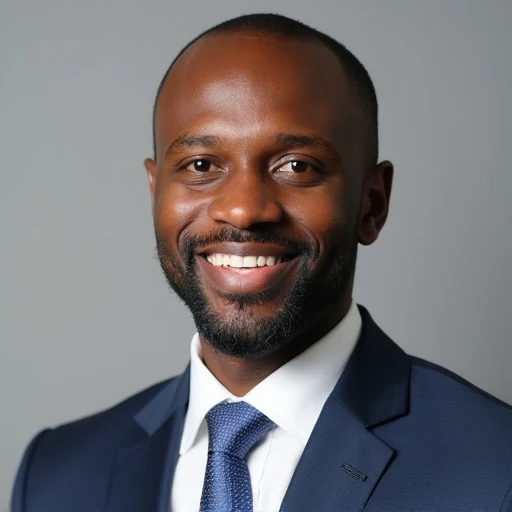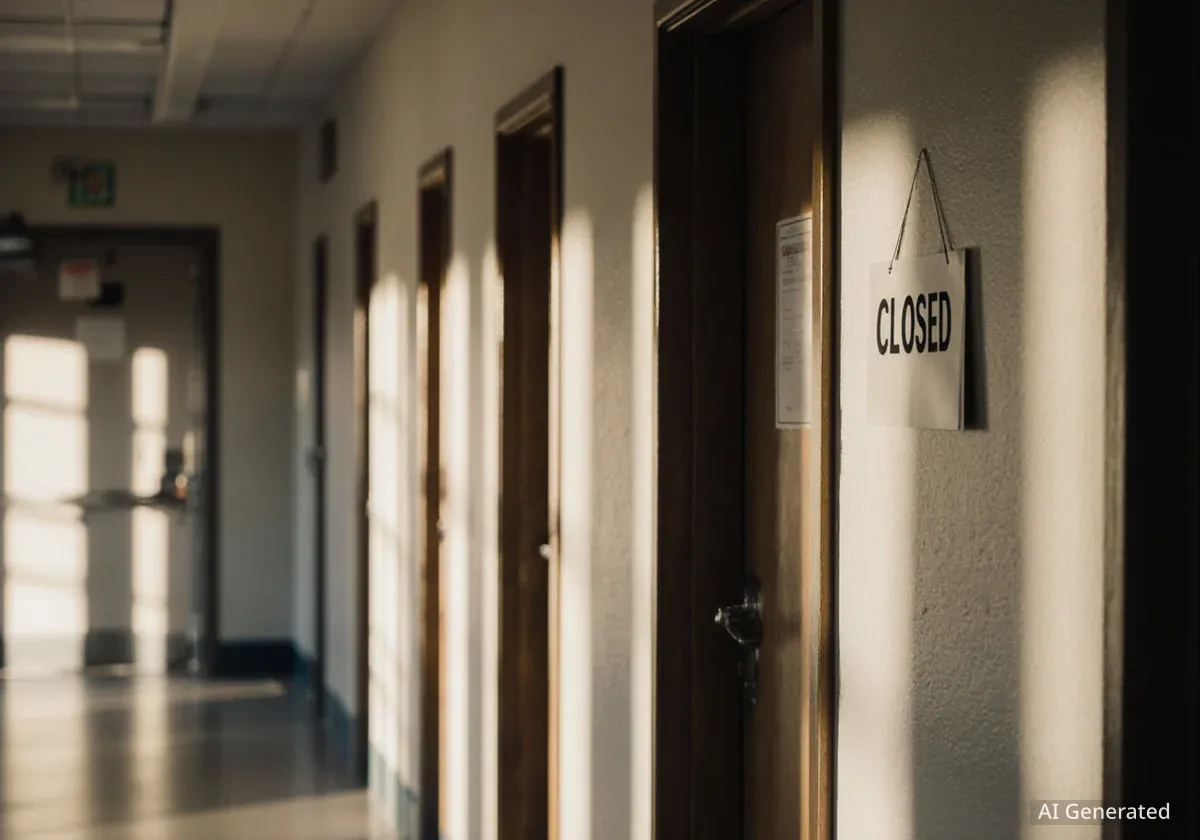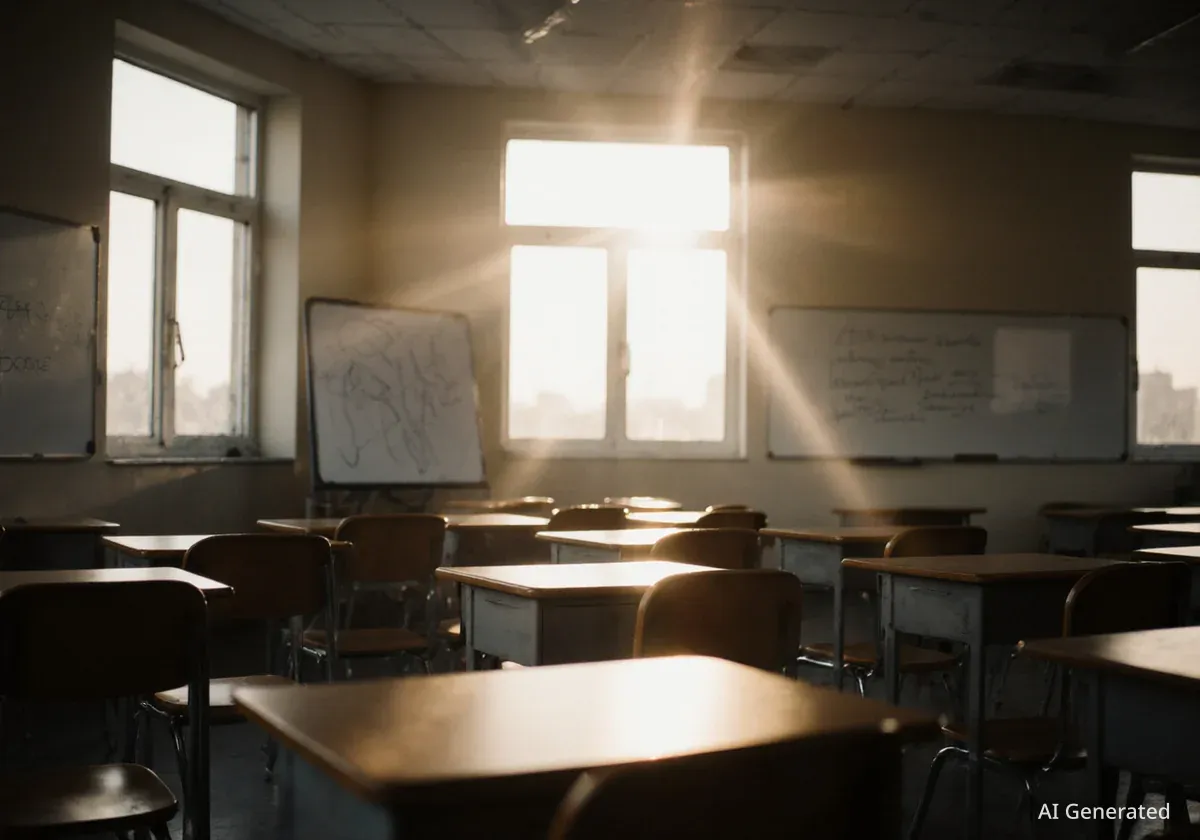David Barker has officially resigned from Iowa's nine-member Board of Regents. His resignation comes as he prepares to take on a new role as the U.S. assistant secretary for postsecondary education.
Barker's departure was effective Monday, with his swearing-in for the federal position scheduled for Wednesday. He had just begun a new six-year term on the Board of Regents.
Key Takeaways
- David Barker resigned from the Iowa Board of Regents.
- He will become the U.S. assistant secretary for postsecondary education.
- Barker emphasized intellectual diversity and workforce preparation in his letter.
- He supported President Trump's 'Compact for Academic Excellence in Higher Education.'
Transition to Federal Role
The resignation was made at the request of the U.S. Office of Government Ethics. This move aims to prevent potential conflicts of interest as Barker transitions to his federal responsibilities.
In his resignation letter to Governor Kim Reynolds, Barker expressed his anticipation of working with her in his new capacity. This highlights a continued connection between state and federal education initiatives.
Quick Fact
David Barker served six years on the Iowa Board of Regents before his recent resignation.
Focus on Academic Excellence
During his tenure on the Board of Regents, Barker was a vocal advocate for increasing intellectual diversity across Iowa's university campuses. He also pushed for changes to diversity, equity, and inclusion (DEI) programs, aligning with state laws that restrict DEI-related spending and activities.
His letter specifically mentioned the 'Compact for Academic Excellence in Higher Education.' President Donald Trump has proposed this compact, which asks colleges and universities to sign it to receive federal funding and other benefits.
"It is important to ensure that our faculty is intellectually and philosophically diverse," Barker wrote in his letter. "Our students deserve to learn about multiple points of view on critical issues so they can make informed decisions on matters of public concern."
Promoting Diverse Viewpoints
Barker consistently argued that students benefit from exposure to a wide range of perspectives. This approach, he believes, better prepares them for complex public discourse.
He saw this as a core responsibility of public universities: to foster critical thinking through varied intellectual exposure.
Workforce Preparation and Economic Needs
Beyond intellectual diversity, Barker also focused on the role of universities in preparing students for the modern workforce. He stressed the importance of equipping graduates with the necessary skills and knowledge for a changing economy.
This perspective views higher education as a direct pipeline to economic growth and stability for the state.
Background
The Iowa Board of Regents oversees the state's three public universities: the University of Iowa, Iowa State University, and the University of Northern Iowa. It also manages the Iowa Braille and Sight Saving School and the Iowa School for the Deaf.
National Agenda Alignment
Barker noted that these goals align with President Trump's executive orders and the Compact for Academic Excellence in Higher Education. He had been urging the Board of Regents to join this national agenda since its announcement.
In his new federal role, Barker will now be directly involved in implementing these national higher education objectives.
The Board's Composition
The Iowa Board of Regents consists of nine members. Barker was one of five Republicans on the board. The remaining members include three independents and one Democrat.
His departure creates a vacancy that Governor Reynolds will need to fill. This appointment will likely maintain the political balance of the board.
- University of Iowa
- Iowa State University
- University of Northern Iowa
- Iowa Braille and Sight Saving School
- Iowa School for the Deaf
These institutions are all under the governance of the Iowa Board of Regents.
Future Implications
Barker's move to a federal position signifies a shift in his influence from state-level policy to national higher education strategy. His previous advocacy for intellectual diversity and workforce readiness will now be applied on a broader scale.
The compact he championed aims to standardize certain academic principles across institutions receiving federal support. This could lead to significant changes in how universities operate nationwide.





